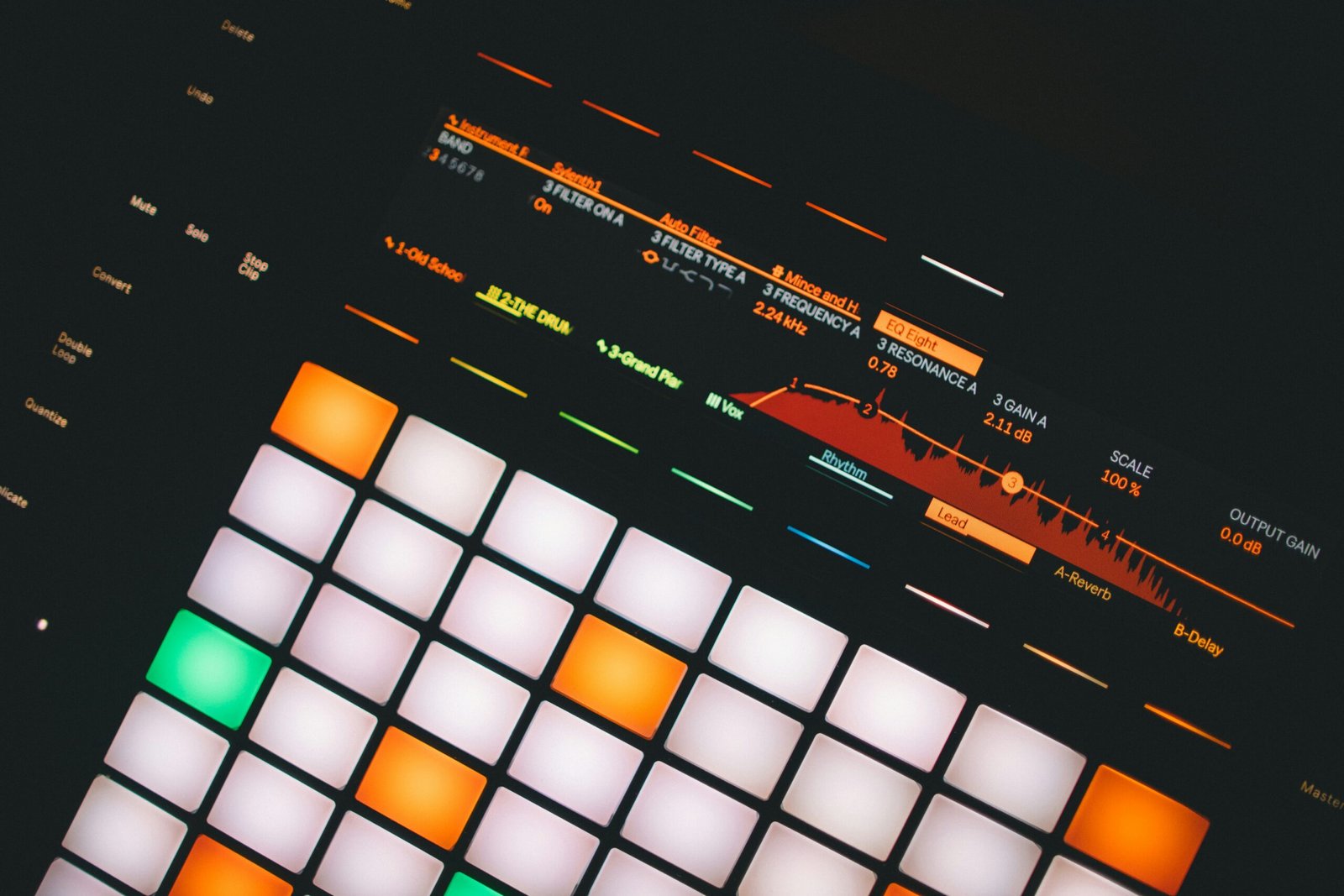Foundational Skills for Aspiring Musicians
For individuals embarking on the journey of music production, acquiring foundational skills is paramount. A solid understanding of music theory plays a crucial role in shaping a musician’s ability to create and produce compelling compositions. Fundamental concepts such as scales, chords, and rhythm form the backbone of music. Familiarity with these elements not only aids in songwriting but also enhances one’s ability to communicate effectively with collaborators and make informed creative decisions.
In addition to music theory, aspiring musicians must develop technical skills relevant to the tools of the trade. Proficiency in using music production software, often referred to as a Digital Audio Workstation (DAW), is essential. Whether utilizing popular platforms such as Ableton Live, FL Studio, or Logic Pro, understanding the functionalities of these programs can significantly improve your workflow and creativity. Knowledge of hardware, such as synthesizers and audio interfaces, is also beneficial. Investing time in learning how to use these tools can empower musicians to experiment with sound design and enhance the overall quality of their productions.
A critical aspect of a musician’s development is setting up a conducive environment for creativity. Establishing a home studio does not have to be a daunting or financially taxing endeavor. By strategically selecting budget-friendly gear—such as studio monitors, microphones, and MIDI controllers—musicians can create a functional workspace. Furthermore, grasping sound design principles, including the manipulation of audio effects and the creation of unique textures, is fundamental in realizing one’s artistic vision.
To support continual growth, utilizing online resources and tutorials is highly advisable. There are many platforms offering free and paid courses, where beginners can find valuable exercises to enhance their skills. Engaging in regular practice allows aspiring musicians to build confidence and expertise, equipping them with the tools necessary to unlock their creative potential in music production.
Enhancing Creativity and Collaboration in Music Projects
Creativity is a quintessential element of music production, and its enhancement can often be achieved through the exploration of diverse genres and styles. Experimenting with different musical influences not only broadens a producer’s skillset but also leads to unique sound creation. For instance, blending elements from jazz, electronic, and classical music can yield refreshing results. Embracing various techniques—such as layering, sampling, and improvisation—enables musicians to break away from the mundane and discover novel ways to present their ideas.
Collaboration plays a pivotal role in fostering creativity within music projects. Identifying the right partners is essential; one must seek out individuals whose artistic vision aligns harmoniously with one’s own. Effective communication is crucial for successful collaboration. Establishing a clear dialogue helps in articulating creative concepts, sharing feedback, and understanding each other’s strengths. Engaging in regular brainstorming sessions can result in a wealth of ideas that may not have emerged in isolation. This collaborative environment nurtures creativity and often leads to unexpected outcomes that enrich the final product.
Feedback and constructive criticism are equally important in the creative process. They not only provide valuable insights into the strengths and weaknesses of a musical piece but also encourage personal growth and skill development. Networking with other musicians can lead to fruitful exchanges, presenting opportunities for collaboration on future projects, as well as learning from others’ experiences.
To further cultivate a creative mindset, consider practical exercises such as free-writing lyrics, setting time limits for composing, or jamming with fellow musicians without any preconceived notions. These activities can stimulate fresh ideas and ignite passion within a collaborative setting, ultimately enhancing both individual and collective creativity within music production.

